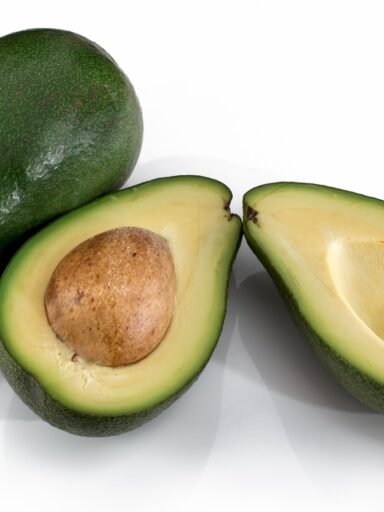Nutritional yeast, once a niche ingredient in vegan and vegetarian diets, has become a mainstream food product known for its health benefits and culinary versatility. Beyond its nutritional value, the rise of nutritional yeast has significant socioeconomic implications, impacting various sectors from agriculture to healthcare.
Economic Benefits and Market Growth
The market for nutritional yeast has seen substantial growth over the past decade. As consumer awareness of health and wellness increases, so does the demand for nutrient-dense foods. According to market research, the global nutritional yeast market is projected to continue its upward trajectory, driven by factors such as the rise of plant-based diets, increased health consciousness, and the growing popularity of veganism.
- Agricultural Impact: The production of nutritional yeast primarily relies on the cultivation of Saccharomyces cerevisiae, which is grown on molasses. This demand has positive ripple effects on the sugar industry, particularly in regions where sugarcane and sugar beets are staple crops. By providing an alternative market for molasses, nutritional yeast production helps stabilize prices and provides additional revenue streams for farmers.
- Employment Opportunities: The growth of the nutritional yeast market creates jobs across the supply chain, from agricultural workers involved in molasses production to factory workers in yeast processing plants and distribution networks. As demand increases, so does the need for skilled labor in these areas, contributing to economic development, especially in rural and semi-rural regions.
- Retail and Food Industry: Nutritional yeast’s popularity has also led to its incorporation into various food products, from snacks to dietary supplements. This diversification benefits retailers and food manufacturers by expanding their product offerings and tapping into health-focused consumer segments. It also fosters innovation in the food industry, as companies experiment with new applications and formulations.
Social and Health Implications
Nutritional yeast is not just an economic boon; it also has profound social and health implications. Its rich nutrient profile, including high levels of B vitamins, protein, and minerals, makes it an excellent addition to diets, particularly for those with dietary restrictions or deficiencies.
- Dietary Accessibility: Nutritional yeast provides an affordable source of essential nutrients, particularly for vegans and vegetarians who may otherwise struggle to obtain sufficient B12, a vitamin predominantly found in animal products. This accessibility helps address nutritional deficiencies.
- Health Care Savings: By promoting better nutrition, nutritional yeast can potentially reduce healthcare costs. Improved nutrient intake can prevent or mitigate conditions such as anemia, fatigue, and certain types of neurological damage, leading to fewer doctor visits and medical treatments. This preventative health approach aligns with broader public health goals of reducing the burden of chronic diseases.
Environmental Considerations
Nutritional yeast production is generally considered environmentally friendly. It requires relatively low resource inputs compared to other protein sources, such as meat or dairy.
- Sustainable Agriculture: The use of molasses, a by-product of sugar production, as a growth medium for yeast is an efficient way to utilize waste products. This circular approach reduces waste and promotes sustainability in agriculture.
- Low Carbon Footprint: Compared to animal farming, the production of nutritional yeast has a significantly lower carbon footprint. This makes it an attractive option for environmentally conscious consumers looking to reduce their ecological impact through diet.
The socioeconomic impact of nutritional yeast extends far beyond its role as a dietary supplement. Its influence on agriculture, employment, health care, and the environment highlights its importance in modern society. As the market continues to grow, addressing challenges and utilizing opportunities will be essential for maximizing the benefits of this versatile and nutritious food product.




